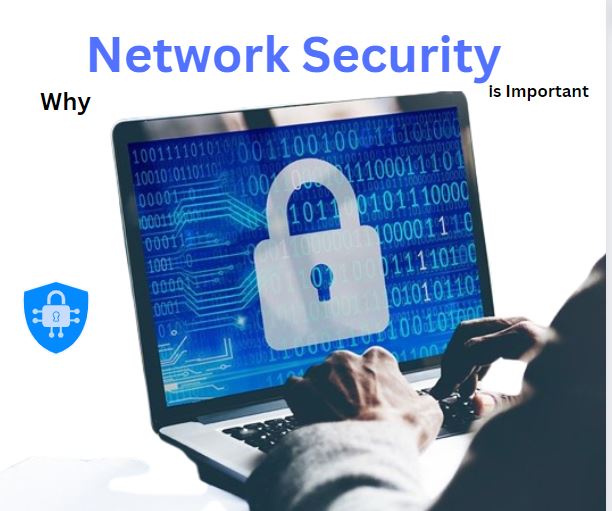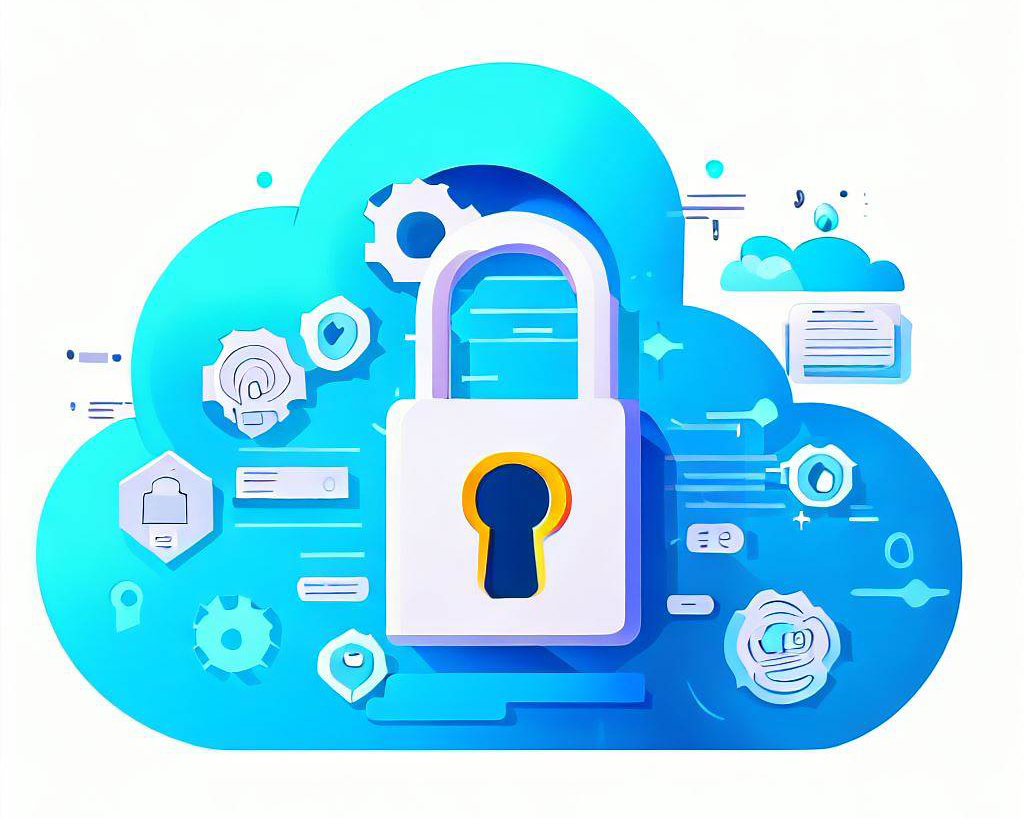Why Network Security is So Important
Network security is critically important for several reasons, as it plays a fundamental role in safeguarding an organization's digital assets, sensitive information, and overall operational integrity.
Infovaly help to organization to protect their data with a range of Technologies, processes, and practices designed to safeguard devices, networks, and sensitive information from cyber threats.
Here are key reasons why network security is crucial:

What is Network Security ?
Network security refers to the set of measures and strategies implemented to protect computer networks, devices, and data from unauthorized access, attacks, and potential security threats. The primary goal of network security is to ensure the confidentiality, integrity, and availability of information within a network. It encompasses both hardware and software technologies, as well as administrative practices and policies designed to safeguard networks and the data they contain
Importance of Network Security
1. Protecting Confidential Information:
- Network security ensures the confidentiality of sensitive data by preventing unauthorized access. This is especially critical for protecting financial records, customer information, intellectual property, and other confidential business data.
2. Preventing Unauthorized Access:
- Unauthorized access to a network can lead to data breaches, theft, and other malicious activities. Network security measures, such as firewalls, access controls, and encryption, are essential for preventing unauthorized users from gaining entry.
3. Safeguarding Against Cyber Attacks:
- In the digital age, cyber threats are widespread and diverse, ranging from phishing attacks to sophisticated malware and ransomware. Network security measures act as a defense mechanism against these cyber threats, protecting organizations from financial losses, reputational damage, and operational disruptions.
4. Ensuring Business Continuity:
- Network security is crucial for maintaining uninterrupted business operations. Downtime due to security incidents can result in financial losses, decreased productivity, and damage to an organization’s reputation.
5. Maintaining Customer Trust:
- Customers and clients trust organizations with their sensitive information. A breach of that trust due to a security incident can have severe consequences, including the loss of customers, damage to reputation, and legal implications.
6. Compliance with Regulations:
- Many industries have regulatory requirements and standards regarding the protection of data and privacy. Network security measures help organizations comply with these regulations, avoiding legal penalties and ensuring the responsible handling of sensitive information.
7. Preventing Data Tampering:
- Network security safeguards against unauthorized modifications to data. Ensuring the integrity of data is crucial for maintaining the accuracy and reliability of information used in decision-making processes.
8. Protecting Against Insider Threats:
- Insider threats, whether intentional or unintentional, pose a risk to network security. Network security measures include access controls and monitoring to mitigate the risks associated with insider threats.
9. Securing Communication Channels:
- In a networked environment, data is often transmitted between devices. Network security ensures that communication channels are secure, protecting data in transit from interception and eavesdropping.
10. Patch Management:
- Ensures that time to time manage and udpate the pactch in security devices to prevent the network access

Reduce Cyber Security Risk
Security is foundational to infovaly. Cybersecurity experts help to across your IT environment risk and address all security environments
Ensuring robust cybersecurity and network security involves a series of steps and best practices to protect systems, networks, and data from cyber threats.
Certified experts do regular Risk Assessment, Create a Security Policy, Access Control, Authentication and Authorization, Data Encryption,Schedule Security Audits to reduce security risk!

